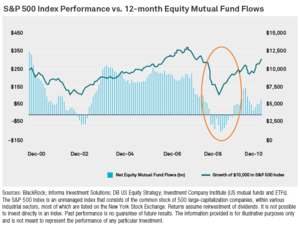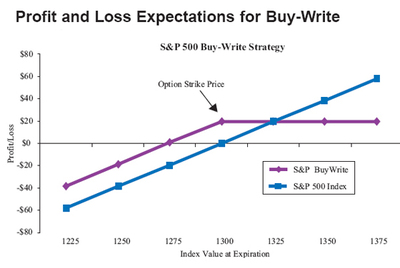Take 1
Since going public just over seven months ago at a price of $10 per share, shares of Zynga (ZNGA) have lost nearly 70% of their value, including today's decline of 40% following a disastrous earnings report. As if Wall Street didn't have enough of an image problem, stories like this only add fuel to the fire. Looking at the firms who underwrote the ZNGA offering shows a who's who of the most high profile firms on the street, including Morgan Stanley, Bank of America/Merrill Lynch (BAML), Barclays, Goldman Sachs, and JP Morgan. When the so-called most respected companies on Wall Street underwrite garbage like ZNGA, can you fault individual investors for becoming disillusioned with the stock market? In the eyes of investors, these firms are no different from a sleazy used car salesperson, or a guy on the street selling fake handbags or Rolex watches.
Take 2
Right now the company has cash on hand worth almost half of its market cap. At one point an analyst asked outright, "Why should people buy your stock at $3 a share?"
Pincus' answer was long but simple. Paraphrased, he said: If you believe in social gaming, we're the biggest and best. There's no denying social gaming is big, and that Zynga dominates the category. Whether anyone believes it's a big business is Zynga's challenge.
Take 3
It was a somewhat contentious conference call. One analyst, Richard Greenfield of BTIG, brought up to Mark Pincus, Zynga's chief executive, that he had sold stock at $12 a share shortly after the public offering. Mr. Pincus did not directly respond beyond saying "we believe in the opportunity for social gaming and play to be a mass-market activity, as it is already becoming."
After the call, Mr. Greenfield downgraded Zynga's stock to neutral from buy in a report titled, "We are sorry and embarrassed by our mistake."
In an interview, Mr. Greenfield said: "Right now, everything is going wrong for Zynga. In a rapidly changing Internet landscape that is moving to mobile, it's very hard to have confidence these issues are temporary."
Most Zynga games are free. The company makes money from a small core of dedicated users who buy virtual goods like tractors in FarmVille. Over the last year, the average daily amount of money Zynga took in from these core users dropped 10 percent even as the overall number of users expanded.
Zynga and Facebook are tied at the hip. Until recently, Zynga games could be played only on the Facebook platform, and for every dollar that users spent on buying virtual goods, Facebook pocketed 30 cents, its principal moneymaking channel other than advertising.
That partnership has continued. Zynga has seven of the top 10 games on Facebook.

![Reblog this post [with Zemanta]](http://img.zemanta.com/reblog_e.png?x-id=19e4b655-5c49-4062-80ff-0af88c92fca2)





